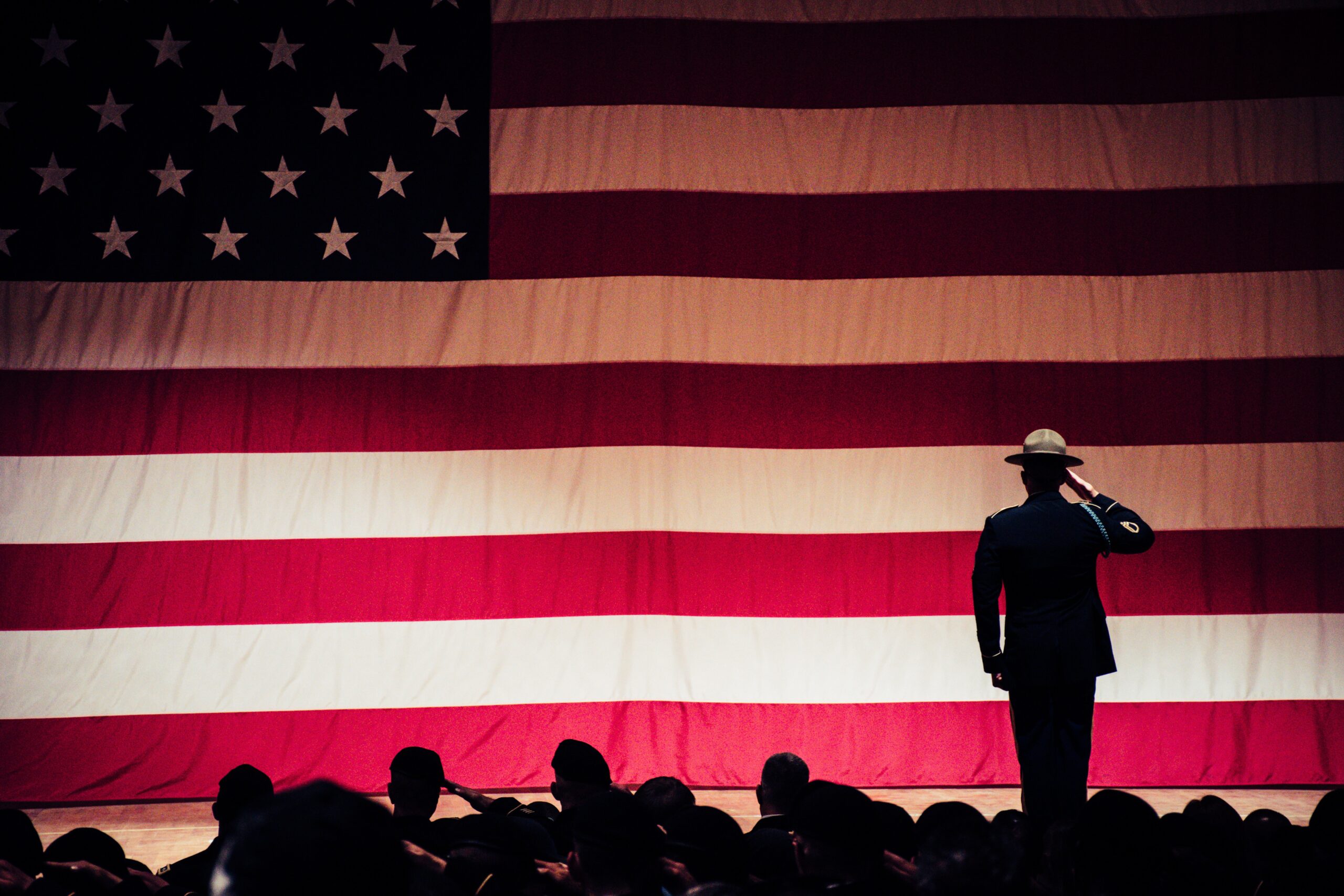The 4th of July, commonly known as Independence Day, holds immense significance in the history of the United States. This national holiday commemorates the adoption of the Declaration of Independence on July 4, 1776, which marked the separation of the American colonies from British rule. The 4th of July symbolizes the principles of freedom, liberty, and democracy, and has become a time-honored celebration of the American identity and the values it represents. This essay explores the historical, cultural, and social significance of the 4th of July, shedding light on its impact on the American nation and its people.
Historical Background: The road to independence was paved with growing discontent under British colonial rule. The American colonies felt increasingly oppressed and burdened by unfair taxation and lack of representation. Acts of protest, such as the Boston Tea Party, further fueled the desire for independence. The culmination of these grievances came in the form of the Declaration of Independence, drafted by Thomas Jefferson and adopted by the Continental Congress on July 4, 1776. This historic document laid out the colonies’ reasons for separating from Britain and asserted their inherent rights to life, liberty, and the pursuit of happiness. The Declaration of Independence served as the birth certificate of a new nation, marking the beginning of the American Revolution.
Cultural Significance: The 4th of July holds a deep cultural significance for Americans, as it reinforces national identity and patriotism. It is a day when citizens come together to express their love for their country and their pride in being American. Throughout the country, American flags are proudly displayed, and patriotic symbols adorn buildings and public spaces. Parades, fireworks, and community festivities are organized, creating a sense of unity and shared celebration. The 4th of July is a time when Americans reflect on the sacrifices made by the founding generation and recognize the enduring relevance of the principles outlined in the Declaration of Independence.
Commemorating the Founding Fathers and their Vision: Independence Day provides an opportunity to honor and commemorate the vision and contributions of the Founding Fathers. Key figures such as Thomas Jefferson, John Adams, and Benjamin Franklin played pivotal roles in the drafting and adoption of the Declaration of Independence. On the 4th of July, Americans reflect on the principles espoused by these visionary leaders, such as individual liberty, natural rights, and limited government. By revisiting their ideas, Americans gain a deeper appreciation for the foundation upon which their nation was built.
Immigrant Experience and the American Dream: The 4th of July carries a special significance for immigrants who have come to the United States in pursuit of the American Dream. Independence Day symbolizes hope, opportunity, and the promise of a better life. Immigrants from diverse backgrounds often embrace American values and freedoms, seeking to contribute to the fabric of the nation. Naturalization ceremonies, where immigrants become American citizens, are often held on the 4th of July, further emphasizing the connection between the holiday and the immigrant experience. The 4th of July serves as a reminder of the inclusivity and possibilities that the United States offers to those who choose to call it home.
Civil Rights and Equality: The 4th of July is not only a celebration of independence but also a reminder of the ongoing struggle for civil rights and equality. In his famous speech titled “What to the Slave Is the Fourth of July?” Frederick Douglass, a former slave and prominent abolitionist, eloquently questioned the meaning of independence for African Americans who continued to suffer under slavery. This speech highlights the tension between the ideals espoused in the Declaration of Independence and the reality faced by marginalized communities. The 4th of July serves as a call to action, urging Americans to work towards a more just and equitable society.
National Unity and Reconciliation: Despite the challenges and divisions that have marked American history, the 4th of July is seen as a unifying force. It is a day when Americans set aside their differences and come together as one nation. In the aftermath of the Civil War, the 4th of July played a vital role in healing wounds and fostering national reconciliation. It became a time to reflect on the shared sacrifices made by both the Union and Confederate soldiers and to reaffirm the common values that bind the nation together. The 4th of July is a reminder that, despite political or ideological differences, Americans share a collective identity rooted in the pursuit of liberty and justice for all.
Global Impact and Inspiration: The 4th of July extends beyond national borders, influencing the world with its celebration of freedom and democracy. The American Revolution served as a catalyst for subsequent revolutions, inspiring people around the globe to fight for their own independence and self-determination. The 4th of July has become a symbol of freedom worldwide, representing the triumph of liberty over tyranny. The United States, as a global leader, continues to support democratic movements and advocate for human rights. The 4th of July serves as a reminder of the responsibility that comes with freedom and the ongoing need to defend and promote democratic values.
The 4th of July holds immense significance in American history, culture, and society. It is a day to commemorate the birth of the United States and reflect on the principles of freedom, liberty, and democracy that define the nation. The 4th of July fosters a sense of national unity and inspires individuals to uphold the ideals of the Founding Fathers. It serves as a reminder of the ongoing struggle for civil rights and equality, while also celebrating the diversity of the American population. Moreover, the 4th of July has a global impact, symbolizing freedom worldwide and inspiring movements for liberty around the world. As Americans come together each year to celebrate Independence Day, they reaffirm their commitment to the values that have shaped their nation and continue to guide its future.
























